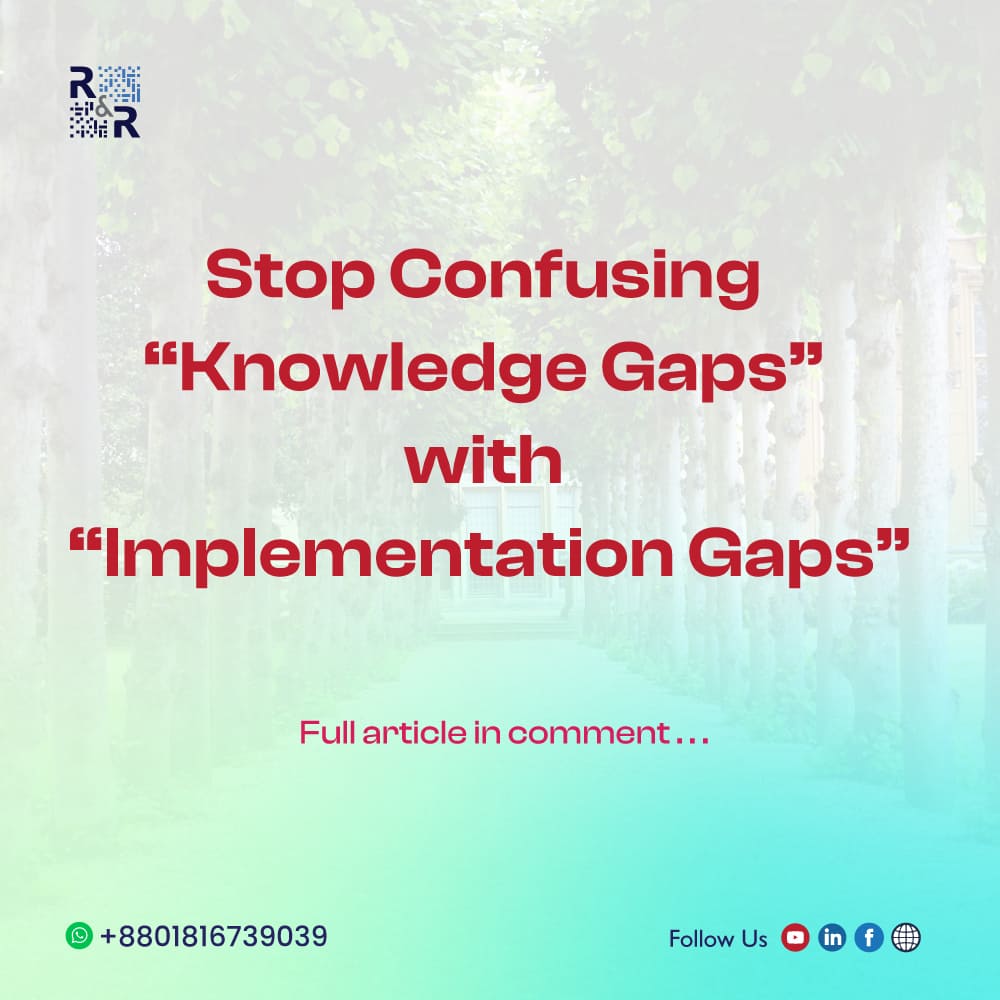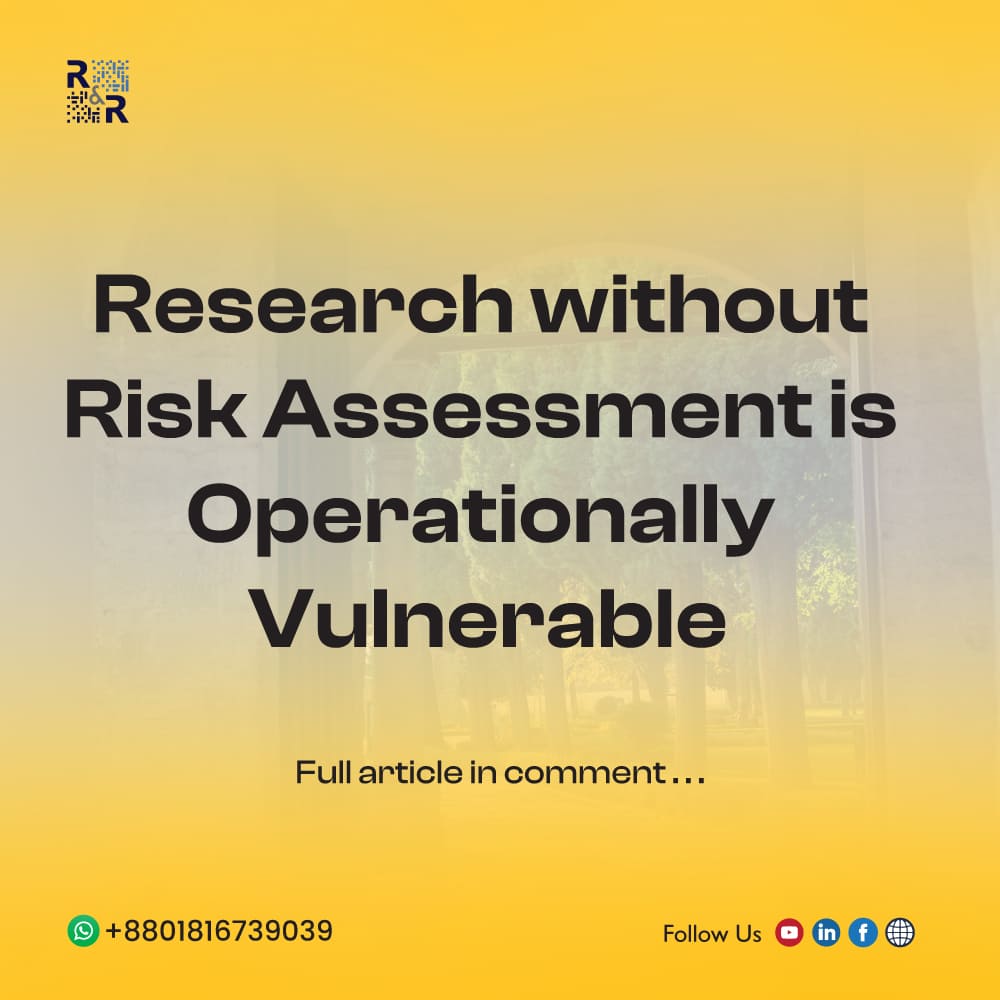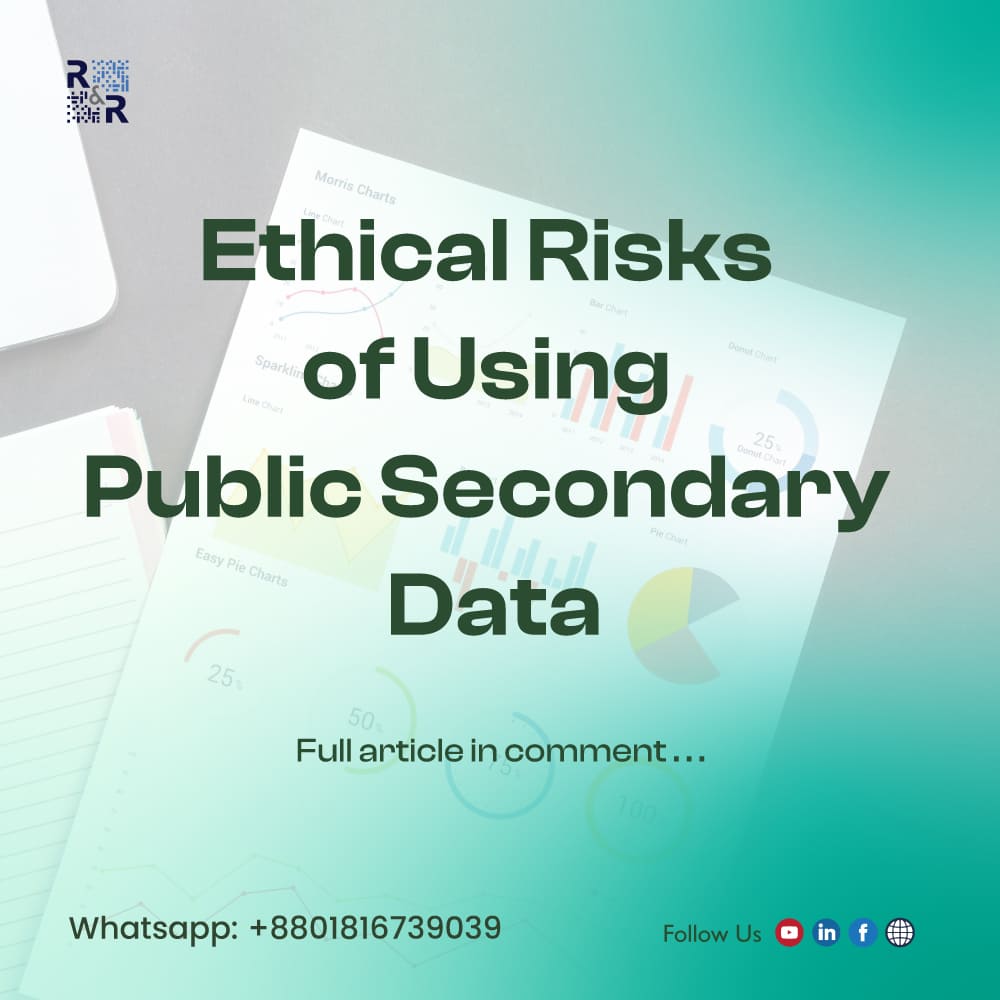Ethical Academic Writing Support vs Ghostwriting
The demand for academic writing and editing services has increased significantly as publication standards become more rigorous. However, this growth has also created confusion between ethical academic support and unethical ghostwriting practices. Understanding this distinction is essential for researchers, institutions, and journals committed to academic integrity. Academic Writing Support: What It Really MeansEthical academic writing … Read more










